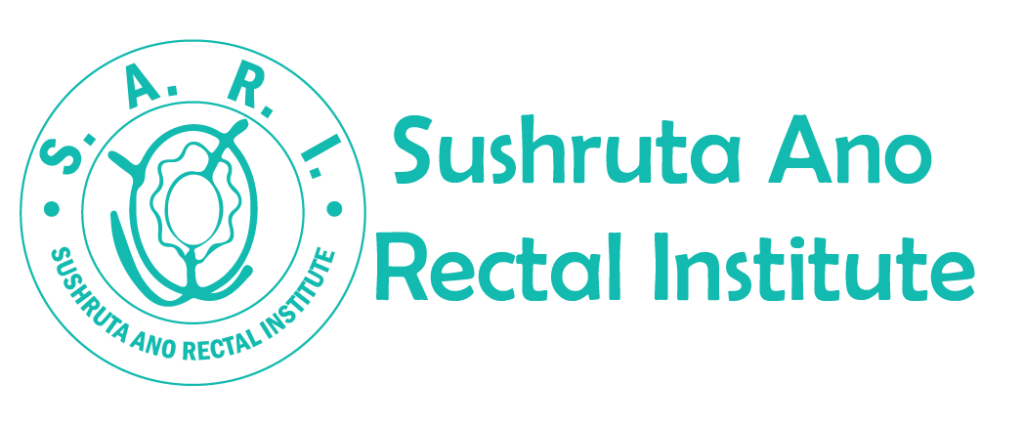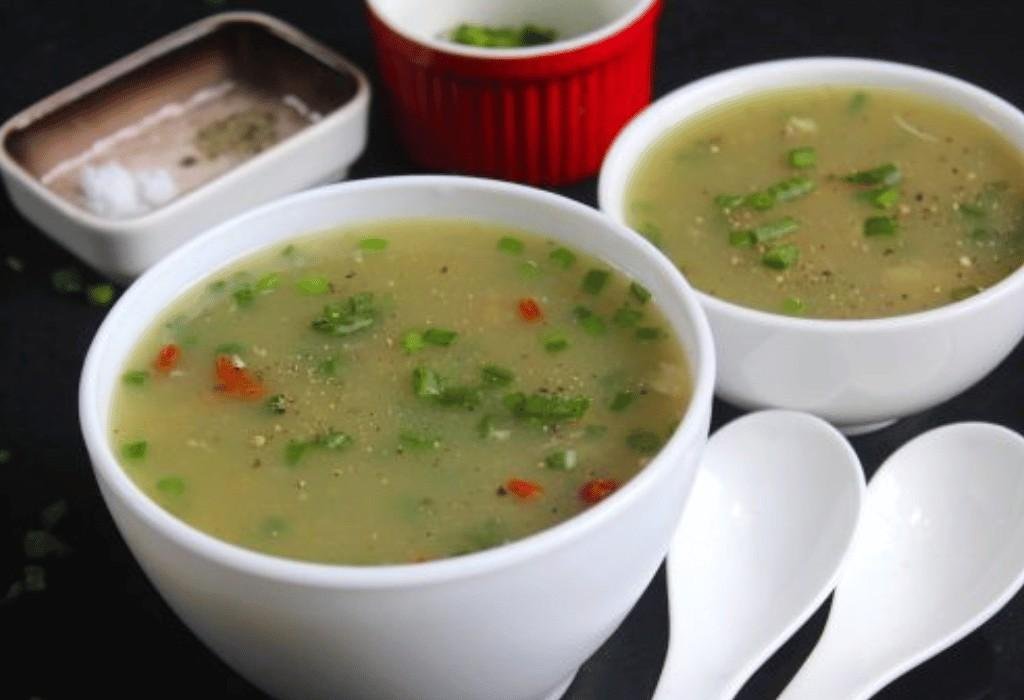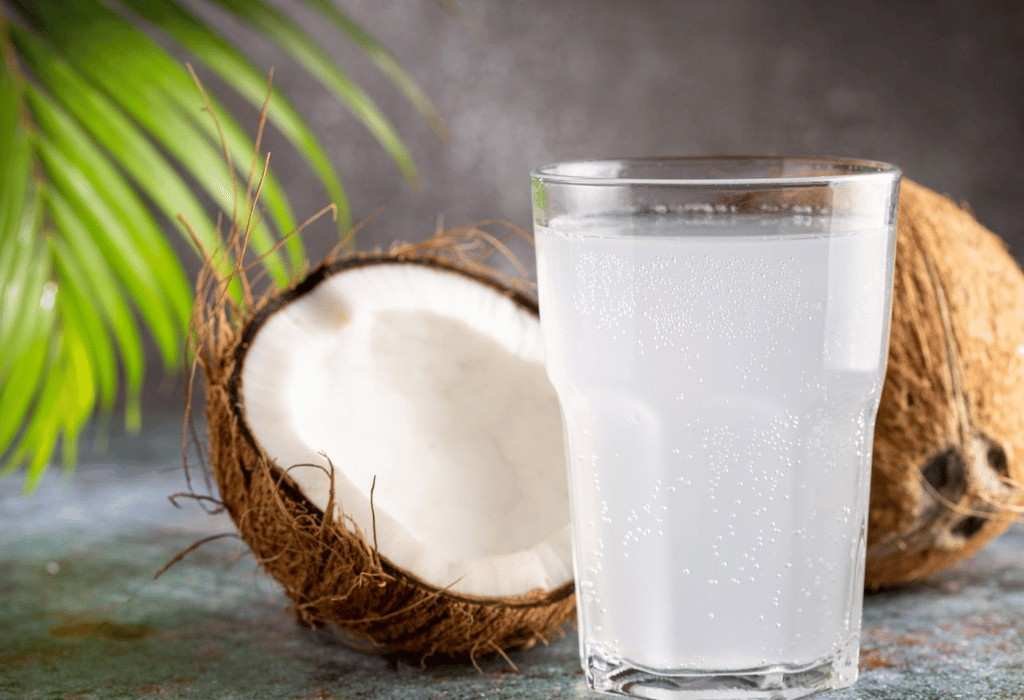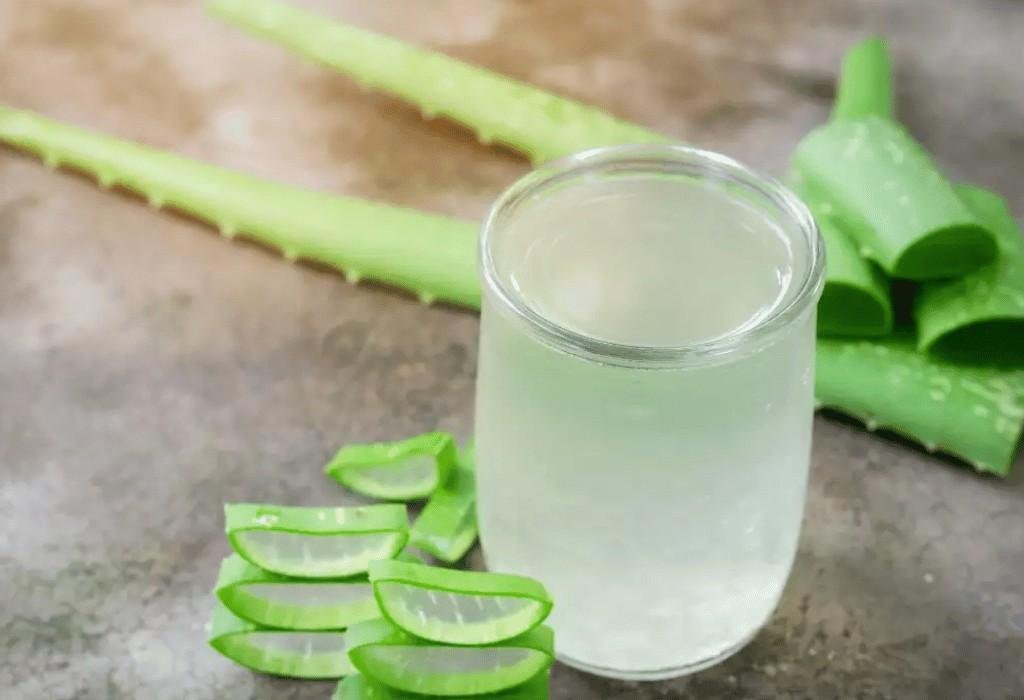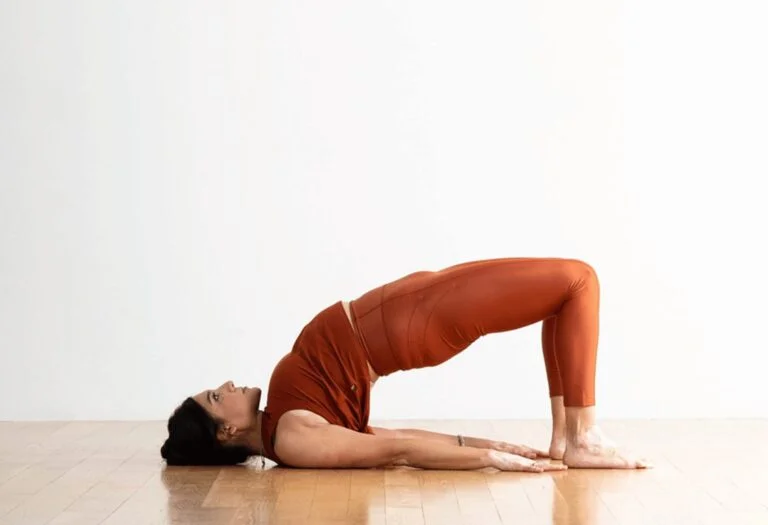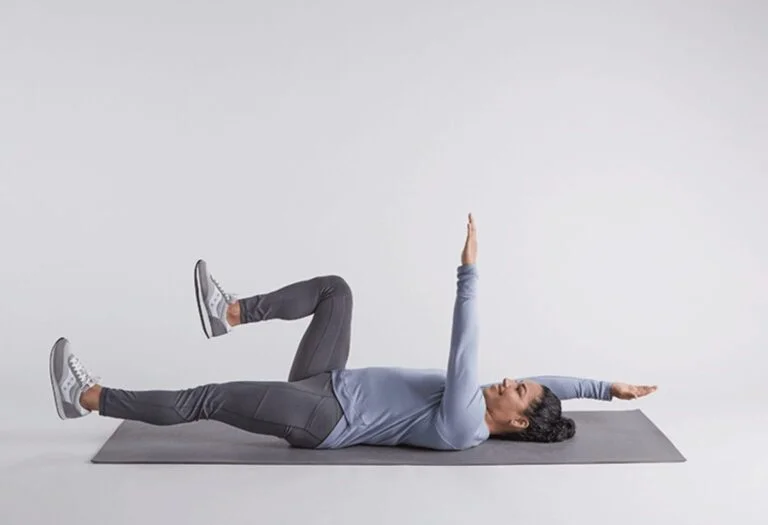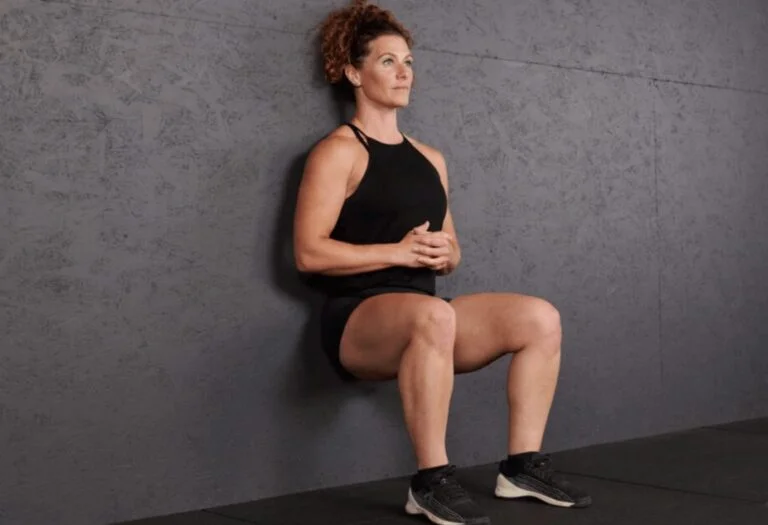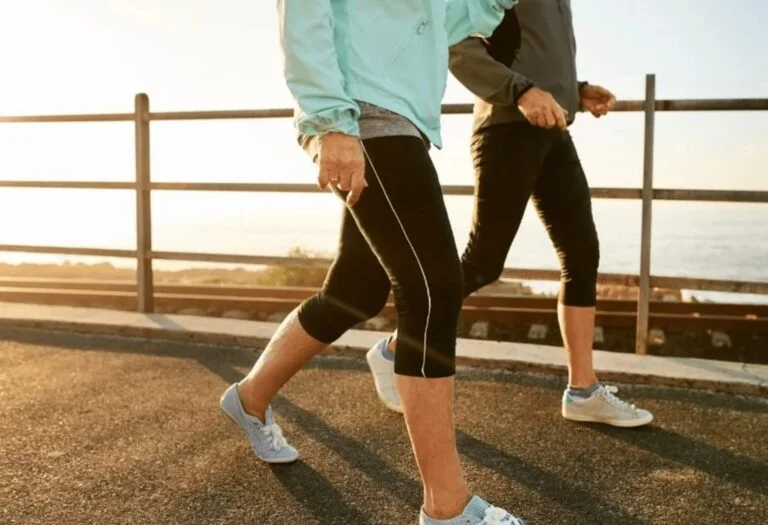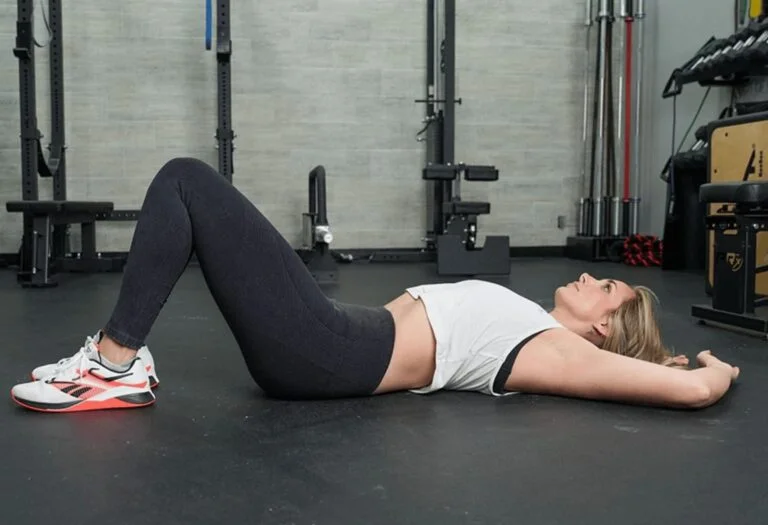Top 6 Anal Fissure Home Remedies in 2025
- February 15, 2025
Introduction
Anal fissures are small, painful tears in the skin around the anus that can cause sharp pain during bowel movements. They often lead to bleeding, itching, and a burning sensation after passing stool. Anal fissures are commonly caused by constipation, hard stools, or even diarrhea. Though uncomfortable, they’re quite common and can often heal with simple fissure home remedies. In this blog, you’ll learn about the best home remedies to treat anal fissures effectively.
What Causes Anal Fissures?
Anal fissures can be caused by a number of factors, most of which are related to bowel movements and strain. Some of the most common causes include:
- Hard Stools: When stools are dry and difficult to pass, they can cause tears in the skin around the anus.
- Loose Stools: Frequent diarrhea can make the skin around the anus tender and prone to fissures.
- Childbirth: Women may develop anal fissures after giving birth due to the pressure during delivery.
- Straining: Pushing too hard during a bowel movement can tear the skin.
- Hygiene Issues: Poor cleaning habits after bowel movements can lead to irritation and cracks.
- Vitamin Deficiency: Lack of certain vitamins like vitamin A or E can affect skin health, leading to increased vulnerability to tears.
- Excessive Sitting: Sitting for prolonged periods, especially on hard surfaces, can put pressure on the anal area and cause fissures.
Understanding the cause of an anal fissure helps in choosing the right treatment for faster healing.
Why Home Treatment for Anal Fissures?
Anal Fissure Home treatment is a convenient and cost-effective way to manage. It can:
- Ease pain with warm baths and soothing ointments.
- Speed healing with a high-fiber diet and hydration.
- Prevent recurrence by maintaining healthy bowel habits.
- Be affordable and non-invasive, making it easy to implement.
However, see a fissure doctor if:
- Pain lasts longer than expected.
- You notice heavy bleeding or blood in the stool.
- There’s noticeable redness, swelling, or discharge.
- Discomfort affects your daily life.
For severe cases, Dr. S.K Singh, with 30+ years of experience, offers non-surgical treatments like Kshar Sutra Treatment and Ayurvedic therapies.
1. Warm Sitz Baths
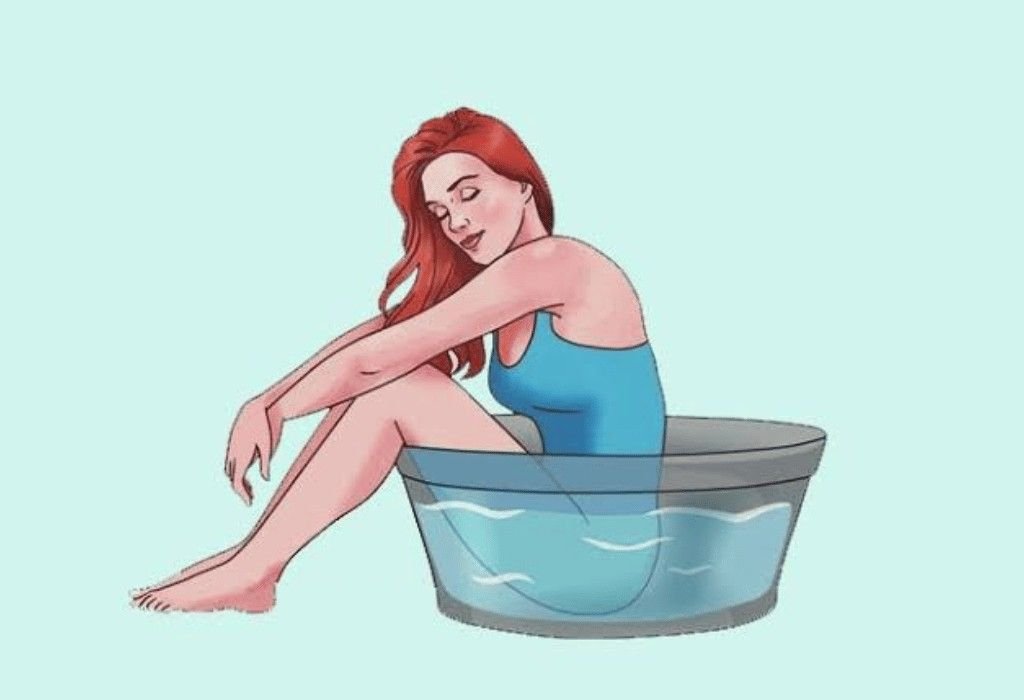
One of the most effective home remedies is taking warm sitz baths. Here’s how they help:
Relax the muscles: Warm water soothes the anal muscles, reducing tension and spasm.
Promote blood flow: This speeds up the healing process and reduces inflammation.
Clean the area gently: Sitz baths help maintain cleanliness without irritating the area.
How to do it:
1. Fill a tub with warm water (avoid hot water).
2. Soak in the water for about 15–20 minutes.
3. Repeat this 2–3 times daily, particularly after bowel movements.
2. High-Fiber Diet

A high fibre foods for fissure is key to preventing and healing anal fissures. It softens the stool, making bowel movements easier and less painful. Foods rich in fiber include:
- Fruits like apples, pears, and berries
- Vegetables such as spinach, broccoli, and carrots
- Add whole grains like brown rice, oats, and whole wheat to your meals.
- Legumes like lentils and beans
A fiber-rich diet helps to avoid constipation and reduce the strain on your anal area, allowing fissures to heal faster.
Tip: Pair your fiber intake with adequate hydration (drinking 8-10 glasses of water daily) for the best results.
3. Hydration

Drinking plenty of water is essential in managing anal fissures. When your body is well-hydrated, your stool becomes soft and easier to pass, reducing the risk of tearing the skin. Try to drink 8 to 10 glasses of water each day for optimal hydration.
Benefits of staying hydrated:
- Prevents constipation and hard stools
- Reduces strain during bowel movements
- Soothes the irritation in the anal area
Additionally, herbal teas like chamomile or peppermint can have soothing effects.
4. Topical Ointments and Creams

There are several over-the-counter ointments available to soothe and promote the healing of anal fissures. These include:
- Hydrocortisone cream: Reduces inflammation and itching.
- Lidocaine gel: Numbs the area, providing temporary relief from pain.
- Coconut oil: Helps lubricate and heal the skin, preventing further irritation.
Application Tips:
- Clean the area gently with warm water and mild soap before applying any cream.
- Apply the ointment after bowel movements or before bedtime for maximum effect.
5. Aloe Vera and Coconut Oil
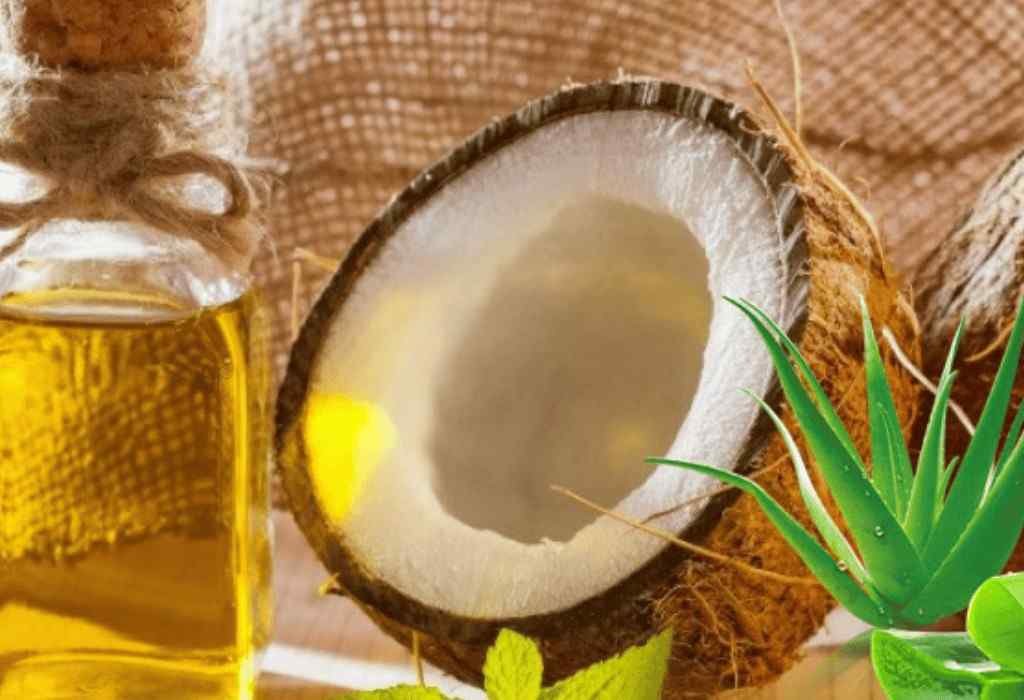
Both aloe vera and coconut oil for Fissure are known for their healing properties:
- Aloe Vera: Contains anti-inflammatory properties that reduce pain and swelling. It also speeds up the healing process.
- Coconut Oil: Has antibacterial and antifungal properties, promoting quicker healing and preventing infections.
How to use:
- Apply fresh aloe vera gel or coconut oil directly to the affected area.
- Apply it 2 to 3 times daily for optimal healing.
These natural remedies are gentle on the skin and help maintain moisture while reducing irritation.
6. Epsom Salt Baths
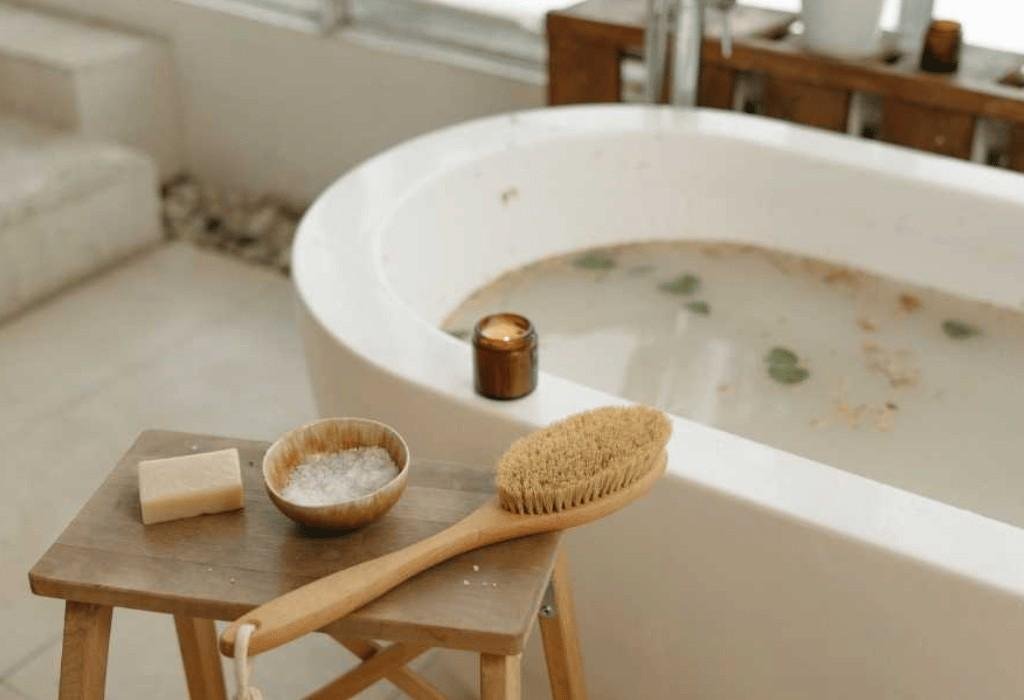
An Epsom salt bath can help relieve the pain and inflammation caused by anal fissures. The magnesium in Epsom salt can help relax the muscles around the anus and improve blood circulation to the area.
How to do it:
- Add 2-3 tablespoons of Epsom salt to warm water in a bathtub.
- Sit in the water for 15–20 minutes, 2-3 times a day.
This method will help ease muscle spasms and reduce swelling, promoting healing.
Avoiding Straining and Proper Hygiene
Proper toilet habits can make a big difference in preventing and healing anal fissures. Key points to remember:
- Don’t strain: Avoid excessive pressure while passing stool. Use stool softeners if you’re constipated.
- Use soft toilet paper: Wipe gently with wet wipes or soft toilet paper to prevent irritation.
- Clean the area properly: After bowel movements, wash gently with warm water. Avoid harsh soaps.
- Pat dry: Instead of rubbing, gently pat the area dry with a soft towel.
- Maintain good hygiene: Regularly clean the area to prevent bacteria buildup and irritation.
Wear loose clothing: Avoid tight underwear or clothing that may cause friction and discomfort.
When to Seek Medical Attention?
While many anal fissures can be treated at home, there are times when you should consult a professional. You should seek medical help from Dr. S.K Singh, a highly experienced anal fissure doctor, if:
- Pain lasts longer than a few weeks: If home remedies don’t relieve your pain and it persists for over 4-6 weeks, your fissure may be chronic and need specialized treatments like Kshar Sutra treatment in Delhi.
- Heavy bleeding or pus: If you notice heavy bleeding or pus from the fissure, it may be a sign of infection. Prompt treatment is necessary to avoid complications.
- Severe discomfort disrupting daily life: If the pain is affecting your ability to work, sleep, or perform normal activities, it’s time to consult a proctologist. Severe or recurring fissures may require non-surgical interventions.
Dr. S.K Singh, with over 30 years of experience, specializes in non-invasive treatments like Kshar Sutra fissure therapy, which can effectively treat chronic fissures without surgery.
Conclusion
Anal fissures can cause significant discomfort, but with the right home treatments, such as warm sitz baths, a high-fiber diet, and soothing natural remedies, you can effectively manage the symptoms. However, if the pain persists or worsens, it’s important to consult a fissure doctor for expert care. Dr. S.K. Singh, a leading anal fissure doctor in Delhi, specializes in non-surgical treatments like Kshar Sutra. These advanced options can provide relief when home remedies aren’t enough, ensuring a quicker and more comfortable recovery.
